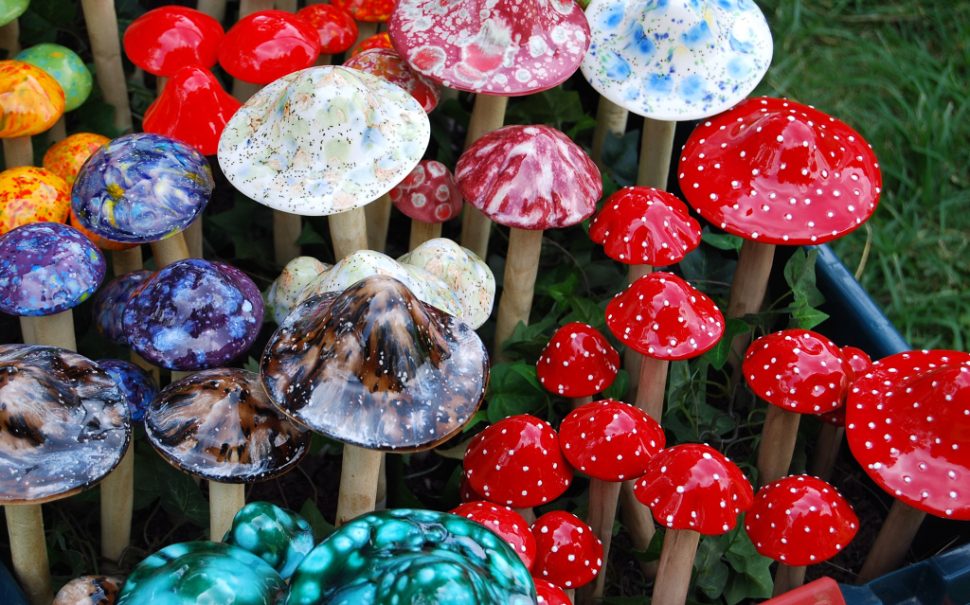There has been a steady rise in the use of psychedelic drugs such as magic mushrooms in therapy to treat cases such as depression.
A new study published by the New England Journal of Medicine observed significant benefit to depression where nearly a third of patients in one of the largest trials using psychedelic compounds such as psilocybin went into rapid remission.
A microdose can typically be one-20th to one-tenth of a recreational dose, and microdosers who are largely said to be self-medicating saw great improvements and progress in terms of depression, stress and anxiety.
The most significant impact was in those who were on the highest 25mg dose of psilocybin.
Three weeks after taking the drug, 29% of the group was in remission compared with 9% on 10mg and 7% on 1mg groups respectively.
At the 12-week mark, a fifth of those in the high-dose group still benefitted compared with one in 10 in the lowest-dose group.
Shelly Cooper (name anonymised for personal reasons), 27, is a young professional based in the U.S. who experimented with microdosing to better her mental health.
She microdosed mushrooms for more than six months between 2021 and 2022 and saw positive effects.
She said: “I was sad and had fallen into some bad habits. The pandemic did not bring out the best in me.
“I was struggling and saw myself smoking a lot of weed, sleeping all day and unmotivated. I didn’t really know how to get out of it.
“I did have access to antidepressants but I didn’t want to go on them because I didn’t like the way I felt when I was on them.
“At some point I felt okay, I was doing a lot better and realised I had to stop once I got to that point as I had no reason to do it anymore.
“I now try to microdose every six months, if there’s something negative happening or something I’m finding difficult to get through, I do it then.
“It took a while for me to feel the effects, I was really sceptical about using psychedelics as I had never done it before but I eventually started to have control over my trips and felt more comfortable doing it, that’s probably when I started seeing the impact.”
Many patients reported to experience adverse side-effects during the trial, the most common ones being nausea, headaches, dizziness, and fatigue.
A number of patients on different doses reported self-harm and suicidal thoughts, a common occurrence in treatment-resistant depression.
Shelly added: “I’ve had some bad trips too. Some really bad ones. You have to sieve through them and understand what works for you. Once I got the hang of it, I could see the positive impact it had on me over time.”
A larger clinical phase 3 trial was due to start later last year which explored the effects of two doses of psilocybin; the outcome of the trial is yet to be published.
Featured image credit: Janine via Wikimedia Commons under CC BY 2.0 licence





